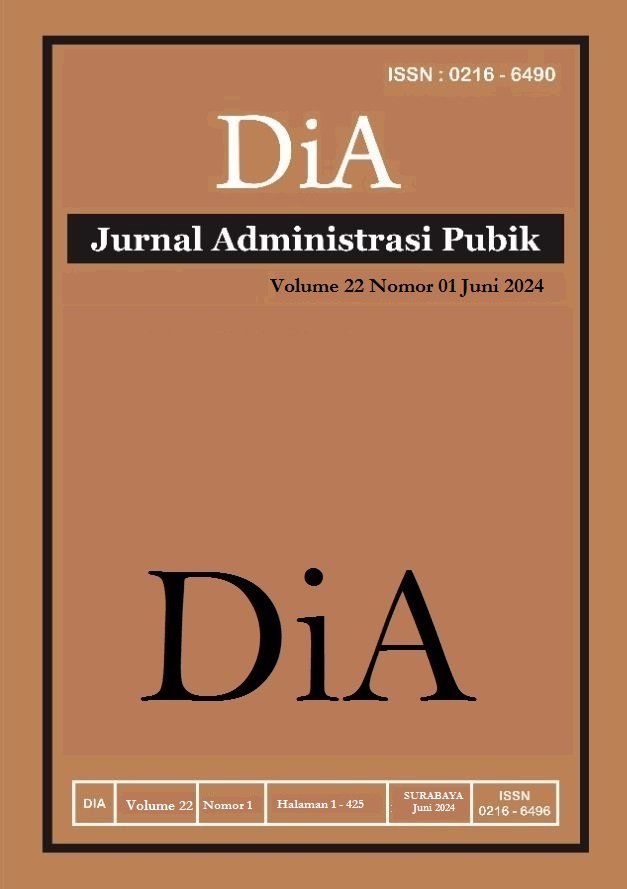INSTITUTION OF SOCIOLOGY TEACHING IN INSTRUMENTING MULTICULTURAL CONSTRUCTS IN SCHOOLS: BIBLIOMETRIC ANALYSIS WITH VOSVIEWER AND RSTUDIO BIBLISHINY
DOI:
https://doi.org/10.30996/dia.v22i01.9500Keywords:
Institution, Sociology, Multicultural Society, Vosviewer, BiblioshinyAbstract
Education is usually associated with the educational opportunities and experiences provided to students with different backgrounds such as race, ethnicity, culture, and social class; in fact, multicultural education is commonly understood and practiced. The implications for education behind the complexity of multiculturalism as a concept have demanded the need to move towards social justice-oriented education. The type of writing used in this article uses a bibliometric analysis approach. This article examines the impact of sociology education on multicultural understanding in schools from the Scopus database between 1979 and 2022. To support the assertiveness and effectiveness of multicultural education, partnerships with the wider community complete the coherence of this approach. It is necessary to apply norms and standards that are compatible with multicultural education to form a school culture that supports diversity. Norms and standards This consistent method, aligned with multicultural education, should be applied to shape a school culture that supports diversity. The context of the teacher in daily life is able to encourage students not to be separated from the rules that apply by modeling to students how to live in a heterogeneous and homogeneous society in the midst of technological advances.
Downloads
Downloads
Published
How to Cite
Issue
Section
License
The DiA journal allows authors to retain the copyright of their papers without limitation. Authors may grant publishers non-exclusive publishing rights to publish articles. Granting first publishing rights to publishers also qualifies as unlimited copyright (because there are no restrictions imposed by publishers on author copyright).







